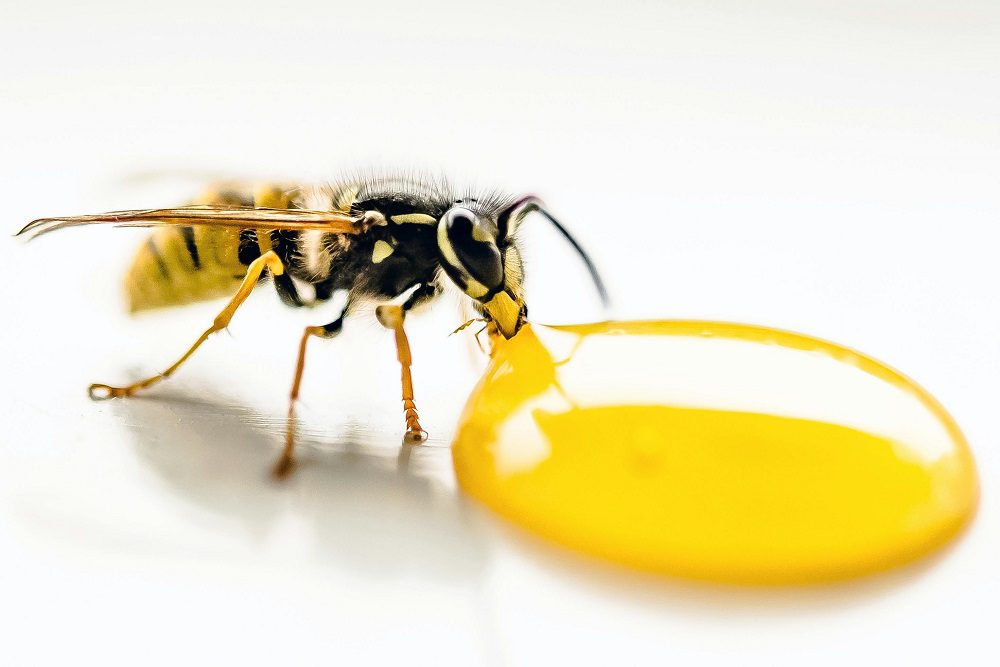
Gwyneth Paltrow, a name synonymous with wellness and holistic health, is known for exploring unconventional treatments that often make headlines. One of her more controversial practices is bee sting therapy, or apitherapy, which she has openly discussed. While it might sound extreme to some, Paltrow believes in the potential health benefits of this ancient therapy. But what exactly is bee sting therapy, and what are the claims surrounding it?
Understanding Bee Sting Therapy:
Bee sting therapy, a form of apitherapy, involves the use of bee venom to treat various health conditions. Practitioners administer bee stings to specific points on the body, similar to acupuncture, to harness the supposed anti-inflammatory and immune-boosting properties of bee venom. The therapy has roots in traditional medicine and has been used for centuries in cultures worldwide.
The Claims and Potential Benefits:
Proponents of bee sting therapy claim that it can help alleviate symptoms of conditions such as arthritis, multiple sclerosis, and chronic pain. The venom contains a compound called melittin, which is believed to have anti-inflammatory and pain-relieving effects. Additionally, some studies suggest that bee venom may stimulate the immune system, although more research is needed to confirm these effects conclusively.
Gwyneth Paltrow has shared her experiences with bee sting therapy, noting that while it is painful, she believes in its benefits. She has incorporated it into her wellness routine as part of her broader approach to health, which often includes trying alternative therapies and treatments.
Scientific Perspective:
Despite the anecdotal claims, the scientific community remains cautious about bee sting therapy. While some small studies have shown potential benefits, the evidence is not strong enough to support widespread use. Experts also warn of the risks, including severe allergic reactions, which can be life-threatening. The American Academy of Allergy, Asthma, and Immunology (AAAAI) advises against the use of bee sting therapy for people with known allergies to bee venom.
Conclusion:
Gwyneth Paltrow’s advocacy of bee sting therapy reflects her broader interest in exploring the boundaries of wellness and alternative medicine. However, like many unconventional treatments, it comes with both potential benefits and risks. While some individuals may find relief through bee sting therapy, it’s essential to approach it with caution and consult a healthcare professional before considering it as part of a wellness routine.
**Sources:**
- – American Academy of Allergy, Asthma, and Immunology. “Bee Venom Therapy”(https://www.aaaai.org/allergist-resources/ask-the-expert/answers/2023/honeybee).
- Gwyneth Paltrow’s Latest Wellness Adventure (https://www.vogue.com/article/gwyneth-paltrow-apitherapy-bee-stings-treatment).
